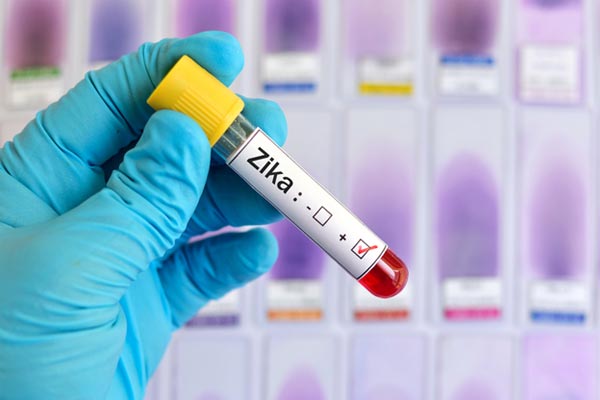There has been a lot of press recently about the Zika virus, a disease passed through the bite of an infected mosquito. It can also be spread from a pregnant woman to her unborn fetus and can be sexually transmitted from one partner to another. It is believed that it can infect a person through a blood transfusion, but this has yet to be proven as a fact, according to the CDC (Centers for Disease Control and Prevention).
What is also unknown, is whether or not animals, pets and livestock are susceptible to infection. The simple truth is that we simply don’t have enough information yet to determine if this is either a possibility or a problem. A researcher from the CDC, Robert Barrera, had this to say on the topic. “Certainly there’s the potential for a pet to become infected, (but) what we don’t know is what that means for the health of the animal.”

Barrera also shares the fact that only one in five people who are infected by the virus become sick and the symptoms are usually mild (fever, rash, joint pain, conjunctivitis or red eyes). However, the disease has been linked to serious birth defects and other more major health issues. Perhaps some of our pets have been affected, but we simply don’t have the research to support these concerns and animals certainly can’t tell us if they’re not feeling well.
Also according to Barrera, of the two types of mosquitos who are spreading the disease, the Aedes aegypti and Aedes albopictus, the first prefers human targets while the latter has a broader feeding palate. Roberto also advises us that where the disease is most prevalent, in Puerto Rico, up to 20% of the Aedes aegypti bites were on dogs in that country.
Control and Prevention
While things like rodents can carry rabies and removing them can be difficult, but eradicating mosquitoes and preventing them from biting is equally as challenging. As humans, we first reach for insect repellent which can be extremely helpful, but it’s not 100% effective and the majority of brands are not pet-friendly.

The best course of action is to keep pets indoors, especially during daylight hours when mosquitoes are the most active. Similar to some types of heartworm medication, another life-threatening illness spread by mosquitos, there are edible (and some topical) solutions available on the marketplace that can be used on our animals.
One of the best tools we have for prevention is to ensure we are limiting the mosquito population in our area by ensuring there’s no standing water on our properties and encouraging others in our community to do the same. Make sure there’s no puddles or other sources of stagnant water near your home, make sure swimming pools are properly maintained and report those that are not to local authorities. By minimizing the number of mosquitoes themselves, we can do our part in helping to stop the spread of the disease itself.
Author Bio
Amber Kingsley is a former art history student turned freelance writer who lives in Santa Monica, CA. This travel junkie has a goal to visit every country in the world. She has backpacked through Europe and South America with an eye on conquering Asia next. This peppy, perky writer loves pets, photography, and music.